With over 10,000 orders
With over 10,000 orders
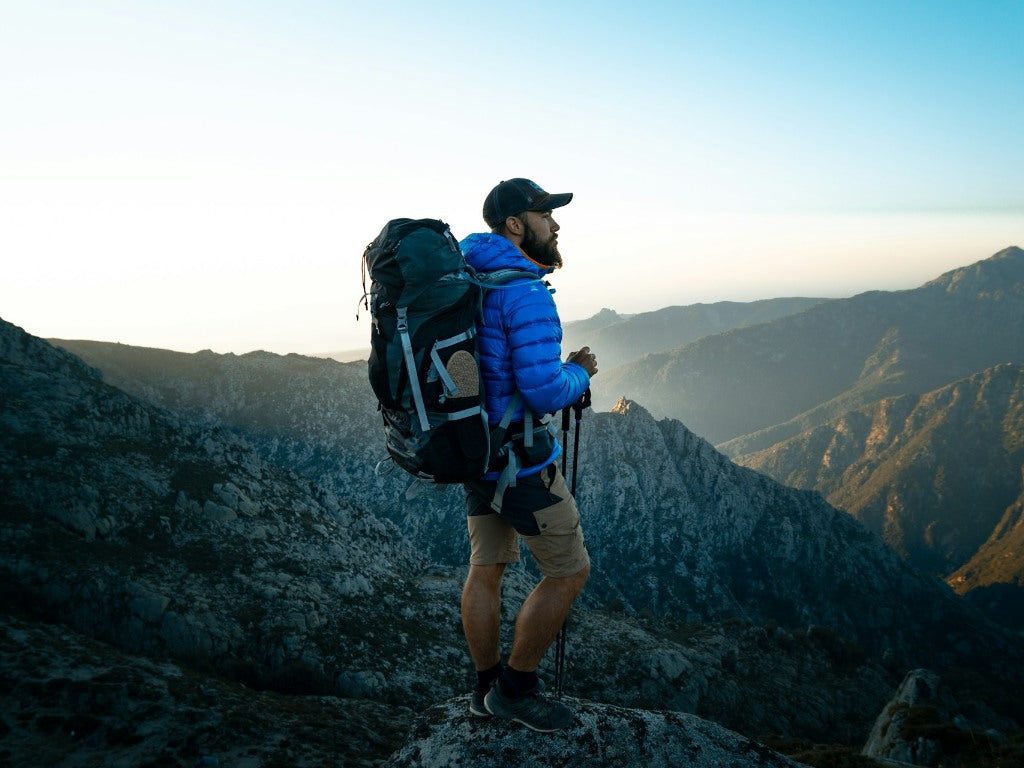
Photo by lucas Favre on Unsplash
For beginners, the prospect of gearing up for a thru-hike can be daunting. The sheer volume of thru-hiking gear options available, combined with the necessity of packing light, can leave even the most seasoned outdoor enthusiasts feeling overwhelmed. But fear not! In this blog, we're here to demystify the process and equip you with the knowledge and gear you need to hit the trail with confidence.
From essential items like backpacks and footwear to lesser-known gear that can make a world of difference, we'll cover it all in this thru-hiking gear list. We'll discuss not only what to pack but also why each item is crucial for your comfort, safety, and enjoyment on the trail. Whether you're a complete novice or a weekend warrior looking to take your hiking game to the next level, this guide is your roadmap to thru-hiking success.
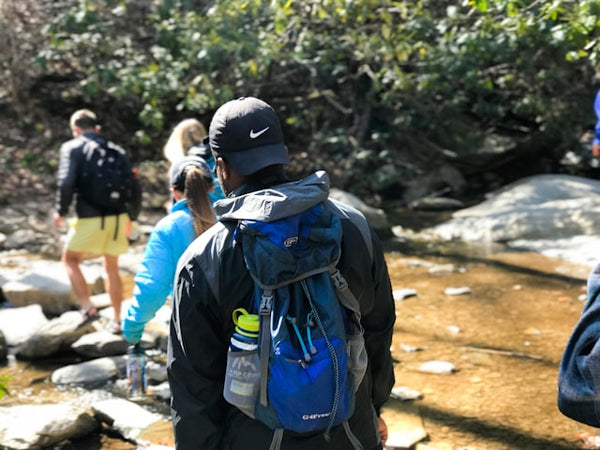
Photo by Timmy Wesley on Unsplash
A backpack is your ultimate companion on a thru-hike, carrying all your essentials while providing comfort and support. Investing in the right backpack is crucial for ensuring a successful journey. Look for a pack that is lightweight yet durable, with ample padding on the straps and back panel to prevent discomfort during long days on the trail. Adjustable features are essential for achieving a proper fit, allowing you to distribute weight evenly and reduce strain on your shoulders and back. Consider the capacity of the backpack, ensuring it's spacious enough to accommodate all your gear without being excessively bulky. A well-designed backpack will make it easier to organize your belongings and access them quickly when needed, enhancing your overall hiking experience.
Related: Best Backpacks For Thru-Hiking
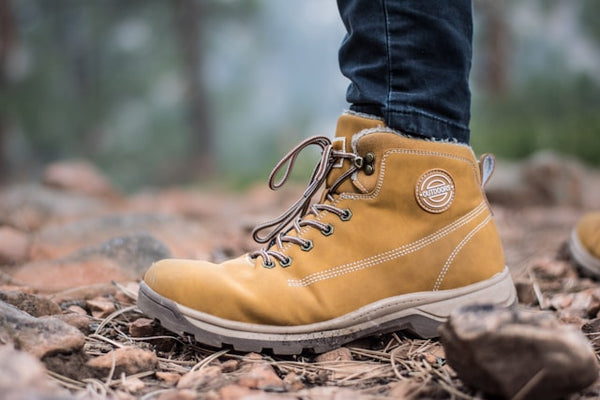
Photo by Colton Sturgeon on Unsplash
Choosing the right footwear is paramount for maintaining comfort and preventing injuries on a thru-hike. Whether you opt for hiking boots or trail shoes, prioritize quality, support, and traction. High-quality hiking boots provide ankle support and stability, ideal for navigating rugged terrain and carrying a heavy pack. Look for boots with a waterproof membrane to keep your feet dry in wet conditions, and ensure they are properly broken in before hitting the trail to prevent blisters and discomfort. Trail shoes offer a lighter alternative, providing flexibility and breathability for long-distance hiking. Opt for shoes with a sturdy sole and ample tread for traction on various surfaces, ensuring stability and grip even in challenging conditions. Whichever option you choose, prioritize comfort and fit above all else to keep your feet happy and healthy throughout your thru-hike journey.
Related: The Best Trail Runners For Thru-Hiking In 2024
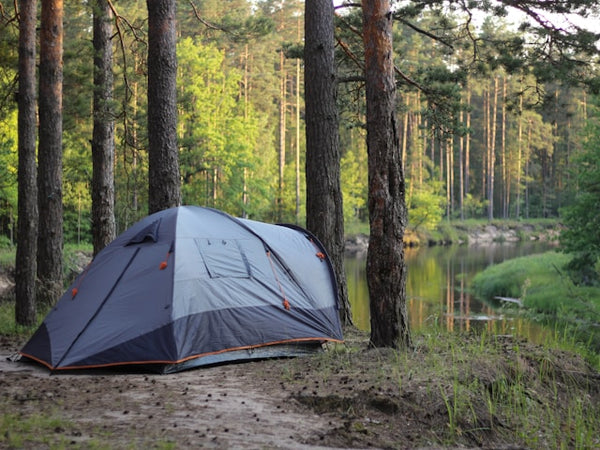
Photo by Ignat Kushanrev on Unsplash
Your tent is your shelter and sanctuary on the trail, providing a safe haven for rest and protection from the elements. When selecting a tent for your thru-hike, prioritize weight, durability, and weather resistance. Look for a lightweight tent constructed from durable materials such as ripstop nylon or polyester, capable of withstanding wind, rain, and rough terrain. Consider the tent's design and features, such as vestibules for gear storage and ventilation to prevent condensation buildup. Ease of setup is also essential, especially after a long day of hiking, so opt for a tent with intuitive pitching and sturdy poles. Ultimately, a well-chosen tent will offer peace of mind and a comfortable night's sleep, essential for recharging your energy for the next day's adventures.
Related: How to choose a tent for thru-hiking?
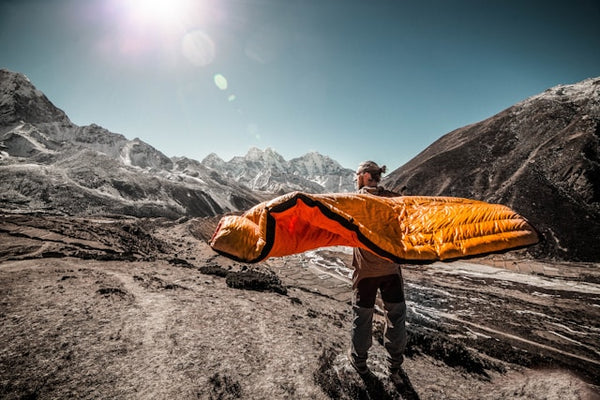
Photo by Martin Jernberg on Unsplash
A quality sleeping bag is your ticket to warmth and comfort during chilly nights on the trail. When choosing a sleeping bag for your thru-hike, consider factors such as temperature rating, weight, and packability. Look for a sleeping bag with a temperature rating appropriate for the expected weather conditions along your route, ensuring you stay cozy and comfortable throughout the night. Down-filled sleeping bags offer excellent warmth-to-weight ratio and compressibility, ideal for backpackers looking to minimize bulk in their pack. Synthetic insulation is another option, providing reliable warmth even when damp and suitable for humid or wet environments. Pay attention to the sleeping bag's features, such as draft tubes and hoods, which help retain heat and maximize comfort during colder nights. With the right sleeping bag, you'll be able to rest easy and wake up refreshed, ready to tackle the day's adventures with renewed vigor.
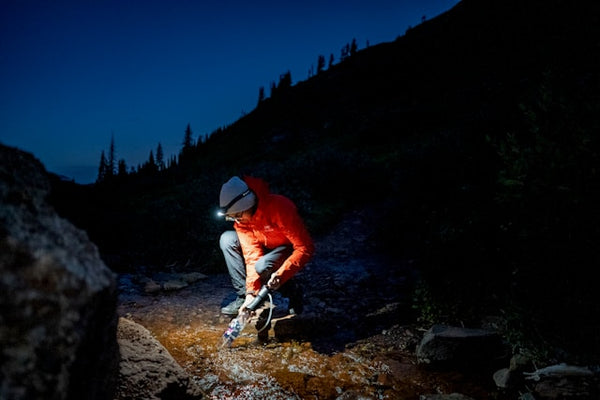
Photo by Robert Ritchie on Unsplash
Access to clean water is essential for staying hydrated and healthy on a thru-hike, making a reliable water filtration system a must-have piece of gear. Consider lightweight and portable options such as water filters or purifiers, designed to remove harmful bacteria, protozoa, and other contaminants from natural water sources. Look for a filtration system that is easy to use and maintain, with fast filtration rates to minimize downtime on the trail. Some systems utilize gravity, pumps, or squeeze bottles for convenience, allowing you to replenish your water supply quickly and efficiently. Prioritize durability and reliability to ensure your filtration system withstands the rigors of long-distance hiking, providing peace of mind knowing you can safely hydrate from any water source you encounter along the trail.

Photo by Jean-Frederic Fortier on Unsplash
Navigation tools are your lifeline for staying on course and reaching your destination safely during a thru-hike. While modern technology offers convenient GPS devices and smartphone apps, it's essential to carry traditional navigation tools such as maps and compasses as backups. Choose a detailed topographic map of your hiking route, highlighting key landmarks, water sources, and potential hazards. Pair it with a reliable compass and learn basic navigation skills to orient yourself and plot your course effectively. Additionally, consider bringing a GPS device or smartphone with GPS capabilities as a supplementary tool for real-time tracking and navigation assistance. By combining both traditional and modern navigation methods, you'll be well-equipped to navigate confidently through any terrain and terrain changes, ensuring a smooth and successful thru-hike experience.
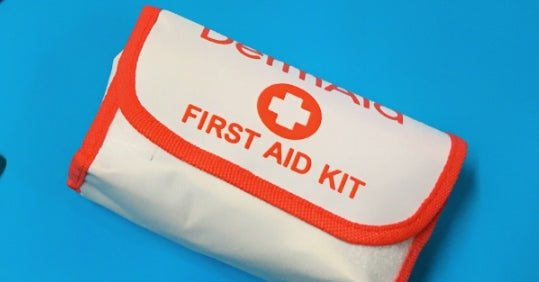
Photo by Kristine Wook on Unsplash
Accidents and injuries can happen unexpectedly on the trail, underscoring the importance of carrying a comprehensive first aid kit. When assembling your kit, prioritize essential supplies for treating common hiking ailments such as blisters, cuts, and insect bites, as well as more serious injuries like sprains or fractures. Include items such as adhesive bandages, gauze pads, antiseptic wipes, tweezers, blister treatment, and adhesive tape. Additionally, pack pain relievers, antihistamines, and any personal medications you may need. Consider any specific risks or medical conditions relevant to your hike, such as allergies or pre-existing injuries, and tailor your first aid kit accordingly. Regularly check and replenish supplies as needed, ensuring your kit remains up-to-date and ready to handle any minor mishaps or emergencies that may arise during your thru-hike journey.
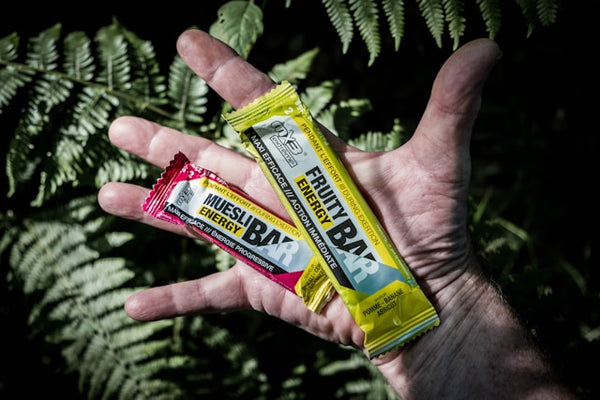
Photo by Les Argonautes on Unsplash
Fueling your body with nutritious and energy-rich food is essential for maintaining stamina and endurance during long days of hiking. Choose lightweight, non-perishable foods that are easy to pack and consume on the trail, such as energy bars, trail mix, dried fruits, nuts, and jerky. Consider pre-packaged dehydrated meals or meal replacement bars for convenient meal options that require minimal preparation and cleanup. Aim for a balance of carbohydrates, protein, and fats to sustain energy levels and promote muscle recovery. Pack a variety of snacks and meal options to keep your taste buds satisfied and prevent food fatigue throughout your thru-hike. Additionally, be mindful of proper food storage and waste disposal practices to minimize environmental impact and wildlife encounters along the trail. With a well-planned and diverse selection of trail snacks and meals, you'll have the sustenance you need to fuel your thru-hike adventure from start to finish.

Photo by Hennadii Hryshyn on Unsplash
Proper clothing layers are essential for regulating body temperature and staying comfortable in varying weather conditions encountered during a thru-hike. Begin with moisture-wicking base layers designed to draw sweat away from the skin, keeping you dry and comfortable during exertion. Choose breathable and quick-drying materials such as merino wool or synthetic fabrics that offer insulation while remaining lightweight and packable. Layer up with insulating mid-layers, such as fleece jackets or insulated vests, to trap heat and provide additional warmth when temperatures drop. For outer layers, opt for waterproof and windproof jackets and pants to shield against rain, wind, and other elements. Consider versatile clothing pieces that can be easily layered or removed to adapt to changing weather conditions throughout your hike. By selecting the right clothing layers, you'll stay comfortable and protected, allowing you to focus on enjoying the journey and scenery along the trail.
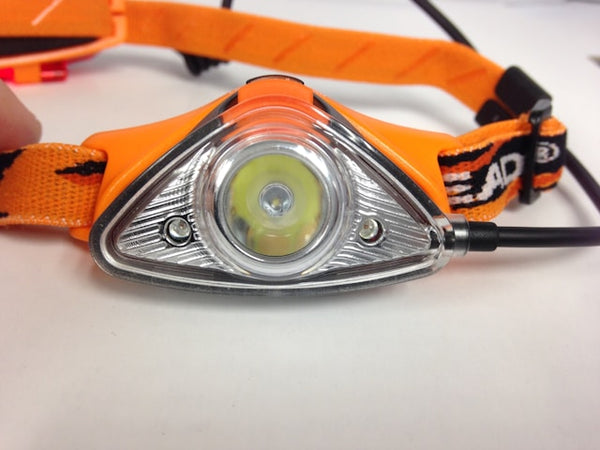
Photo by HEAD Accessories on Unsplash
A reliable source of illumination is essential for navigating trails in low-light conditions, making a headlamp or flashlight an indispensable piece of gear for thru-hikers. Choose a lightweight and durable headlamp with adjustable brightness settings and long battery life to provide ample illumination during early morning starts, late-night hikes, or unexpected emergencies on the trail. Look for features such as a tiltable headlamp or adjustable beam angle to direct light where you need it most, whether navigating rocky terrain or reading a map. Consider carrying spare batteries or a portable power bank to ensure you have backup power for extended hikes or multi-day trips. Additionally, familiarize yourself with the operation of your headlamp or flashlight before setting out on the trail, ensuring you can easily access and use it when needed. With a reliable source of light, you'll have peace of mind knowing you can safely navigate the trail at any time of day or night, enhancing your overall thru-hike experience.
This ultimate thru-hiking gear list for beginners serves as a comprehensive guide to help you navigate the vast terrain of gear options available. From the essentials like sturdy footwear and lightweight tent to the often-overlooked items such as first aid kit and water purification, each piece of gear plays a crucial role in your comfort, safety, and overall experience on the trail.
Remember, the key to a successful thru-hike is not just about having the latest and most expensive gear, but rather understanding your personal needs, preferences, and the unique challenges of the trail you'll be tackling. Take the time to research, test, and refine your gear choices to create a personalized kit that suits your individual requirements and enhances your enjoyment of the great outdoors.
With the right gear and a spirit of adventure, the world is yours to explore – one step at a time. Happy trails!
Hungry for more?
{"one"=>"Select 2 or 3 items to compare", "other"=>"{{ count }} of 3 items selected"}
Leave a comment